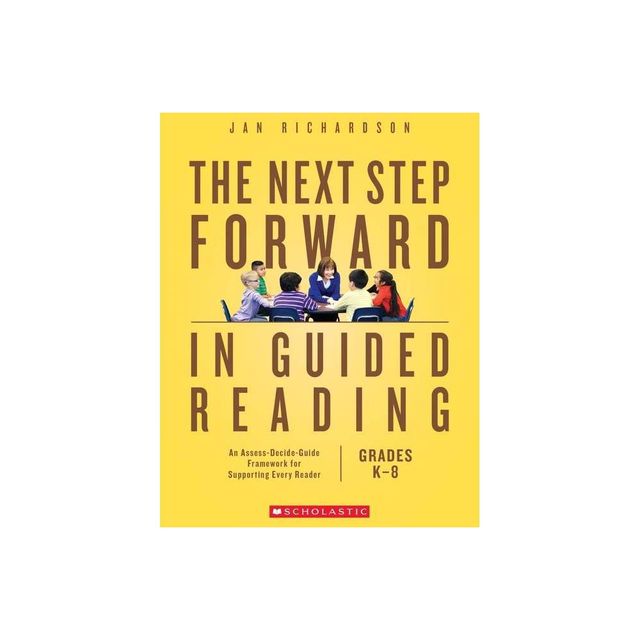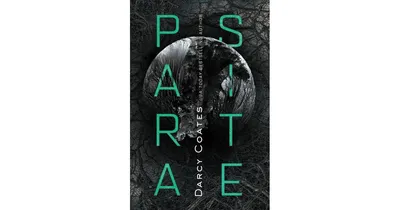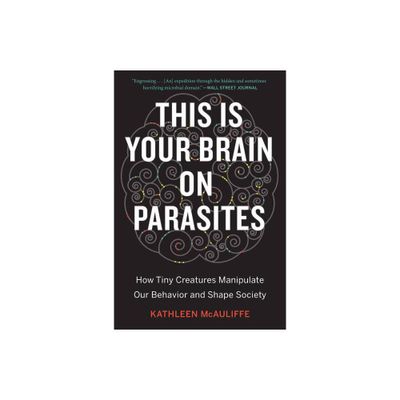Home
Models of Reading: Paragons and Parasites in Richardson, Burney, and Laclos
Loading Inventory...
Barnes and Noble
Models of Reading: Paragons and Parasites in Richardson, Burney, and Laclos
Current price: $121.99


Barnes and Noble
Models of Reading: Paragons and Parasites in Richardson, Burney, and Laclos
Current price: $121.99
Loading Inventory...
Size: OS
*Product Information may vary - to confirm product availability, pricing, and additional information please contact Barnes and Noble
Two predominant critical assumptions about Samuel Richardson—that he is a feminist and that his novels aim to exert a straightforward didactic influence on readers—are challenged by this comparative study of female exemplarity in
Clarissa
,
Sir Charles Grandison
Evelina
, and
Les Liaisons dangereuses
in a theoretically and historically informed context, in order to investigate the ideologically charged terraine of models and modeling in eighteenth-century epistolary fiction. The possibility of the coherent and imitable model, both of female virtue and of stable communication, is negated by the persistence of "parasites" within the narrative exchanges that attempt to create these ideals. The female subjectivity transacted by
Clarissa's
text-reader relation is imagined as a site not of ethical transformation but of crippling shame and self-reproach. Koehler's readings produce a trajectory in which Burney and Laclose, writing within thirty-five years of
publication, reject Richardson's use of female exemplarity as a weapon.
Clarissa
,
Sir Charles Grandison
Evelina
, and
Les Liaisons dangereuses
in a theoretically and historically informed context, in order to investigate the ideologically charged terraine of models and modeling in eighteenth-century epistolary fiction. The possibility of the coherent and imitable model, both of female virtue and of stable communication, is negated by the persistence of "parasites" within the narrative exchanges that attempt to create these ideals. The female subjectivity transacted by
Clarissa's
text-reader relation is imagined as a site not of ethical transformation but of crippling shame and self-reproach. Koehler's readings produce a trajectory in which Burney and Laclose, writing within thirty-five years of
publication, reject Richardson's use of female exemplarity as a weapon.


















